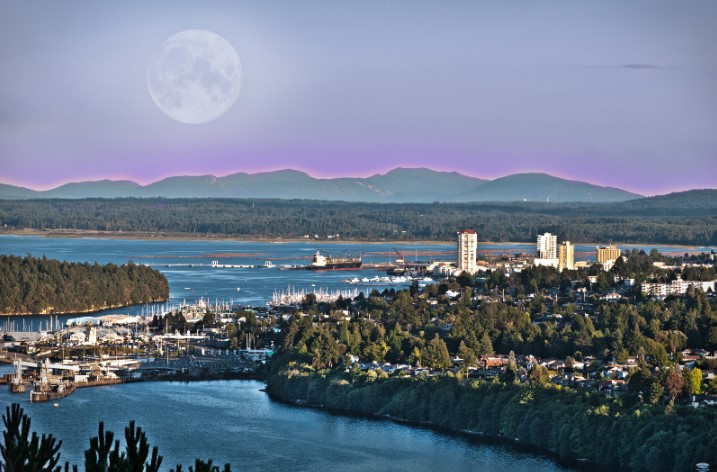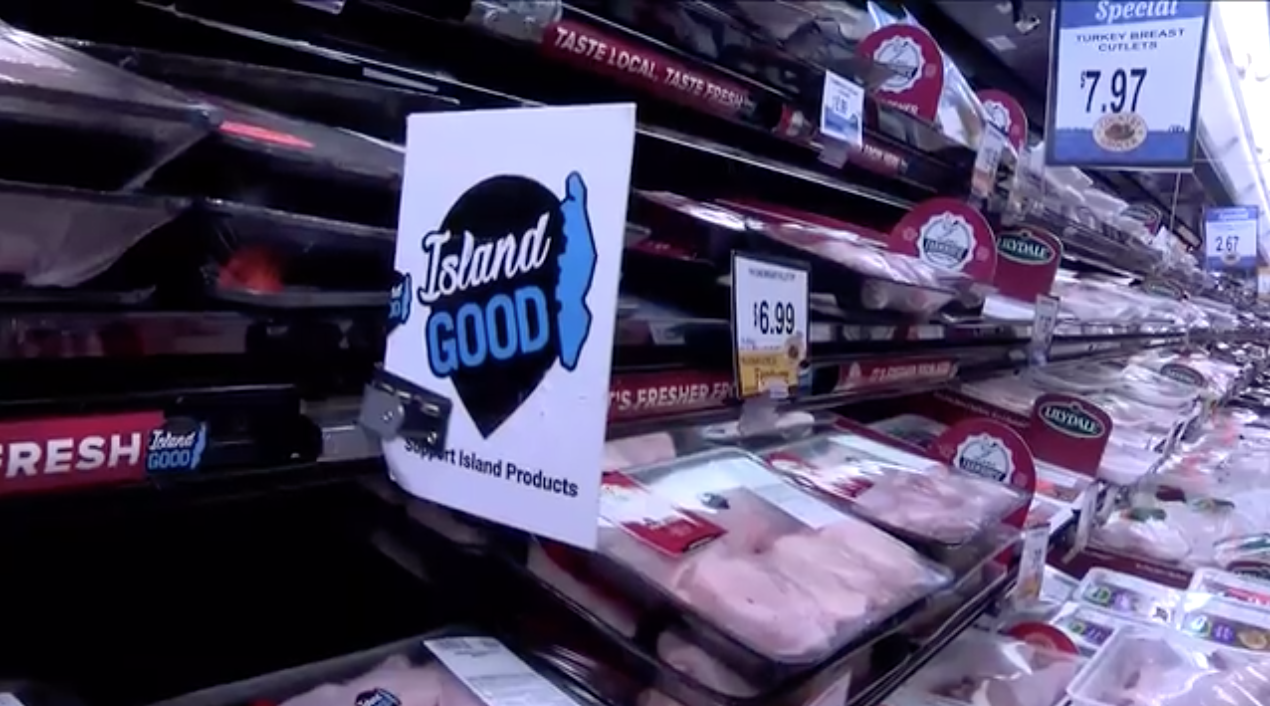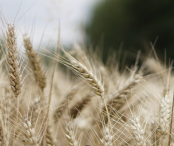Limited food supply
If the transport of food to Vancouver Island stopped there would only be about three to four days of supplies available on store shelves. It’s a sobering thought and a major reason why farmers are advocating for a sustainable food supply model for Vancouver Island.
In the 1950’s Vancouver Island grew 85 percent of its food and in the 1960’s the Island was still a major wheat exporter, said Janet Thony, President of the Coombs Farmers’ Institute, during the VI Agriculture session for Vancouver Island Economic Alliance’s State of the Island Economic Summit. Now, less than 10 percent of food is grown locally, she added.
Consumers need to educate themselves about the immense power of their food dollars and how they can become a force for change in the agriculture sector. People also need to understand the impact sustainable food practices have on the social, economic and environmental landscape of the region.
Challenges Island farmers face
Two of the main barriers impacting farmers are financing and infrastructure. Land and equipment are expensive. Farmers who want to upgrade their equipment often have to order from Europe or China because very little farming equipment is manufactured in North America. While land prices on Vancouver Island are lower than other areas of the province, such as the Lower-Mainland, it is still a large investment for people trying to enter the sector.
The increase in BC’s minimum wage will also impact the agriculture sector because farmers are already stretched financially, but the full extent of the impacts aren’t known.
Other challenges facing Vancouver Islands agriculture sector:
- Labour shortages
- Lack of infrastructure or affordable infrastructure
- Owner-operators are ageing out and there are no succession plans
- Short growing season
- Logistics and distribution costs are high
- Less access to services and agriculture education on the Island
- Co-packing opportunities for value-added products are limited
- Difficulty attracting youth to agriculture industry
Thony said there is also a lack of understanding in the region about how people can invest in food production and there needs to be Island-wide collaboration.
Vancouver Island wineries face their own unique challenges, says Brenda Hetman-Craig, Co-owner of 40 Knots Vineyard and Estate Winery. Many vineyards don’t start seeing a positive cash flow until about 10 years. Wineries fall under a number of different regulations because the vineyards often grow and produce, sell wines and host events on the premises.
Untapped potential
Vancouver Island has the capacity to grow an abundance of different crops seasonally, says Carmen Wakeling, CEO and Co-owner of Eatmore Sprouts & Greens. The Island is well suited for animal husbandry and cereal crop production.
The region is also seeing an increase in the hot new trend of farm-cations, especially in the wine industry.
Wakeling said there is a lot of enthusiasm on the island and people entering the agriculture industry are looking at other opportunities including crop-sharing or leasing land instead of purchasing it. Farmers are also exploring how to work together instead of against each other to help grow the industry on Vancouver Island.







